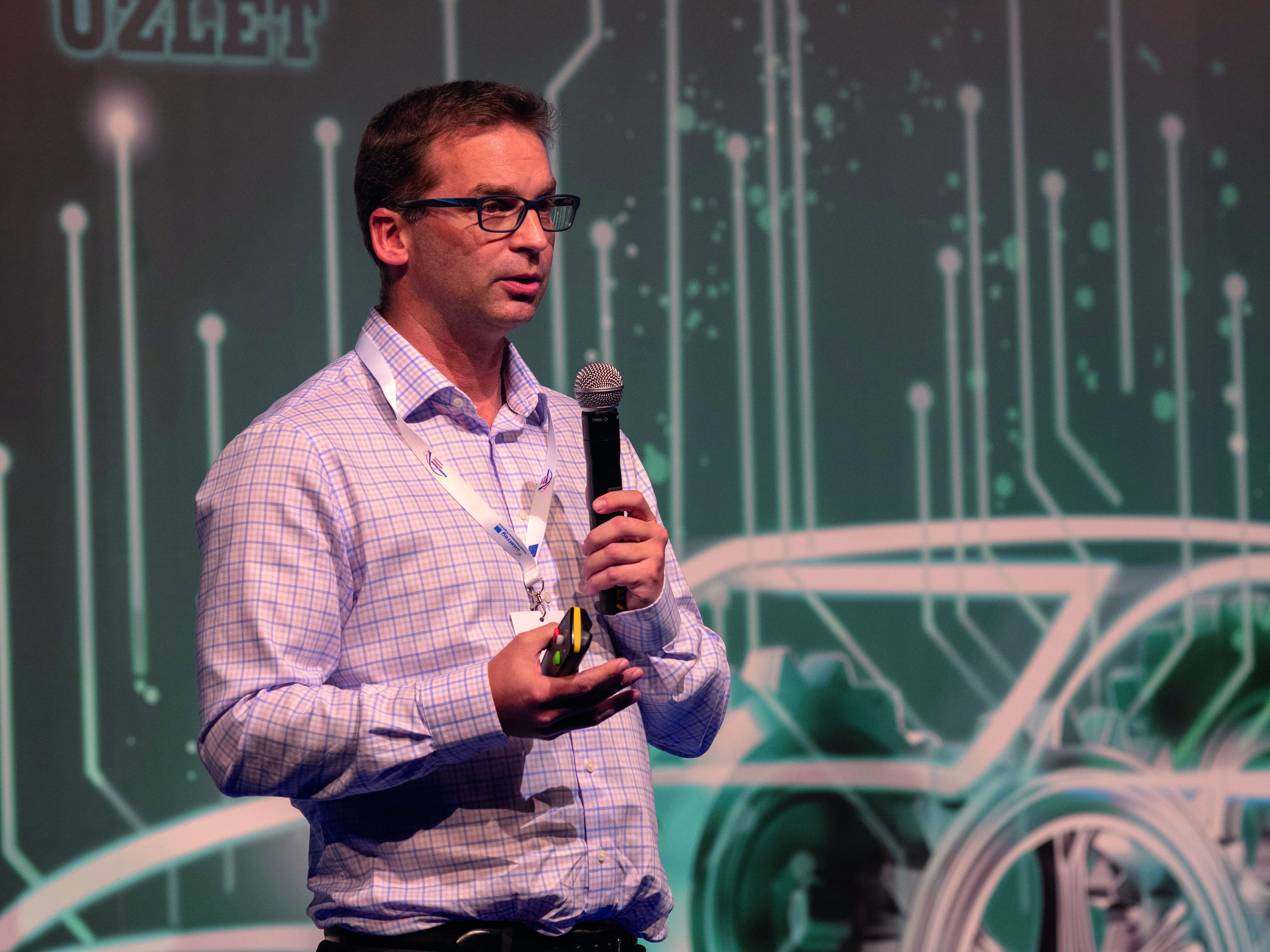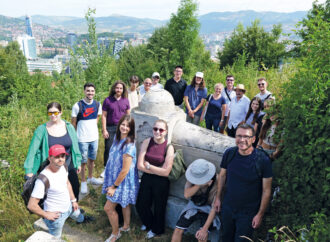Although the economies of the countries of the Danube region are heterogeneous, they also have things in common, such as the high importance of industry – mainly represented by German companies – and labour shortages. The latter is to be alleviated by means of digitisation and automation, with artificial intelligence and cooperation with Germany playing
Although the economies of the countries of the Danube region are heterogeneous, they also have things in common, such as the high importance of industry – mainly represented by German companies – and labour shortages. The latter is to be alleviated by means of digitisation and automation, with artificial intelligence and cooperation with Germany playing a role.
A central objective of the EU Strategy for the Danube Region (EUSDR) is the economic connection of the region with the rest of the EU. That is why priority area 8 (PA 8) of the EUSDR promotes the competitiveness of companies, which is often low in the region, as skilled workers migrate to foreign (western) countries and many companies lack innovation. For some years now, digitisation has been seen as the key to solving both problems, which is why topics such as automation, artificial intelligence (AI) or big data are increasingly being discussed in public forums.
This was also the case at the conference “Artificial Intelligence and the Automotive Industry” in Budapest on 18 October, organised by the Pannon Business Network (PBN), which heads the PA 8 “Artificial Intelligence” working group. “The digitisation of activities is a challenge that we want to take up. We need new ideas and processes that will change the whole company,” said Gunther Wiefel, Head of Digitisation at Audi Hungaria, the world’s largest engine plant in Hungarian Győr. According to Wiefel, digitisation not only enables processes to be optimized and costs to be reduced, but also increases competitiveness and responds to demographic change. One example is robots that support people and help to improve quality control and thus productivity. Gergely Szertics, Managing Director of the Hungarian Coalition for AI, added that AI shapes both industry and society, so both must always be considered. His organisation supports the process to achieve social acceptance after business innovation and industrial transformation. In his lecture, Balázs Barta, Managing Director of the am_LAB digital innovation hub and PBN, addressed the connection between R&D activities and the availability of young specialists, which is crucial. Since there are great regional differences, one cannot limit oneself to one’s own region, said Barta.
Following the conference, the PA 8 “Artificial Intelligence” Working Group had its first meeting. Its aim is to develop policy guidelines and support SMEs in the Danube region in the field of AI. “AI is a challenging topic for the future that affects all countries and that all Danube countries can only master together with added value for the region. The Hungarian test track ZalaZone for autonomous cars shows that there are areas in which Germany or Baden-Württemberg can build on the strengths and experience of other countries,” said Svenja Kern, EUSDR PA 8 advisor at the Baden-Württemberg Ministry of Economic Affairs, which is a member of the group.
Such cooperation will become decisive in the future: Germany with its high labour costs and the countries of the Danube region with its labour shortage must take further steps towards digitisation in order not to lose the global connection. Joint AI projects could serve as an example.
Daniel Hirsch,
journalist, Budapest



















